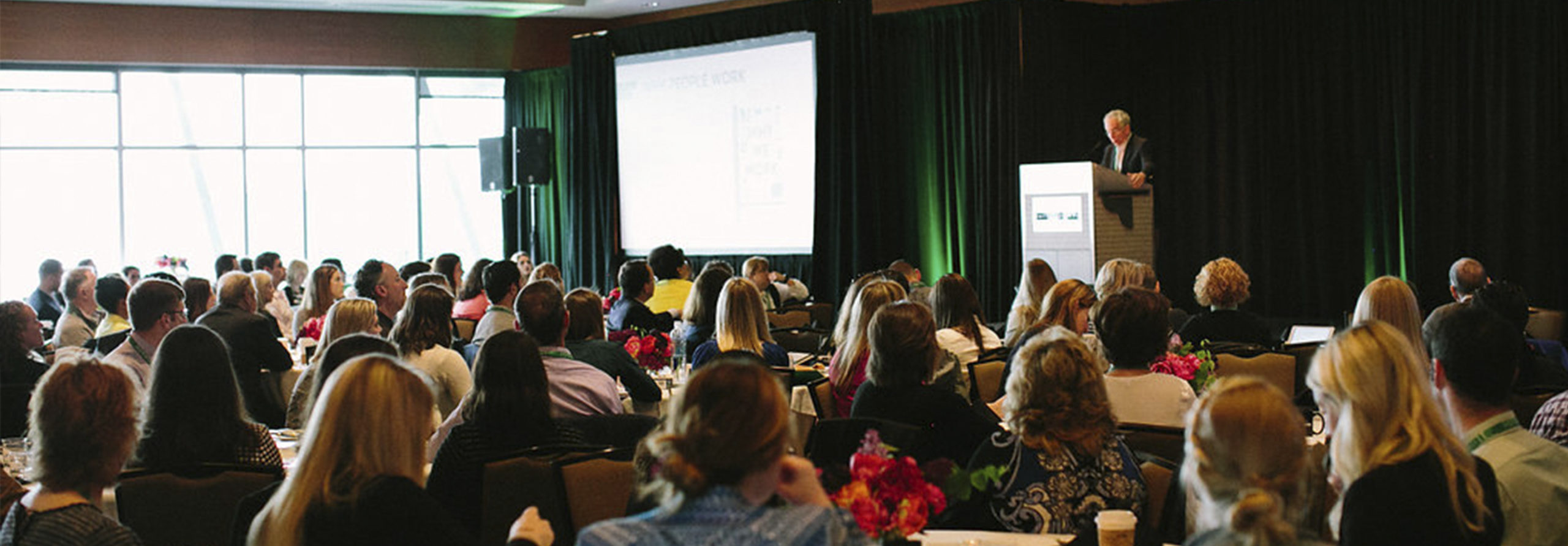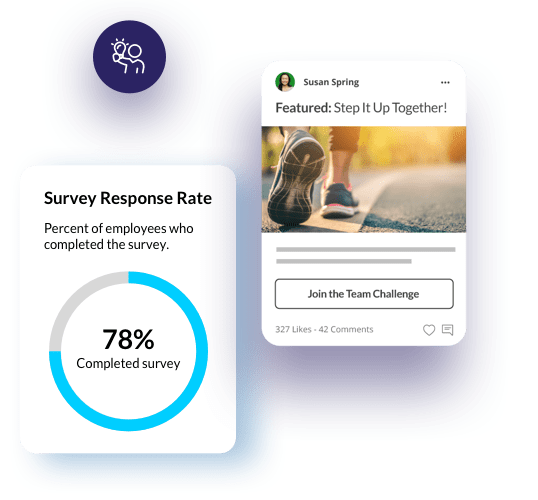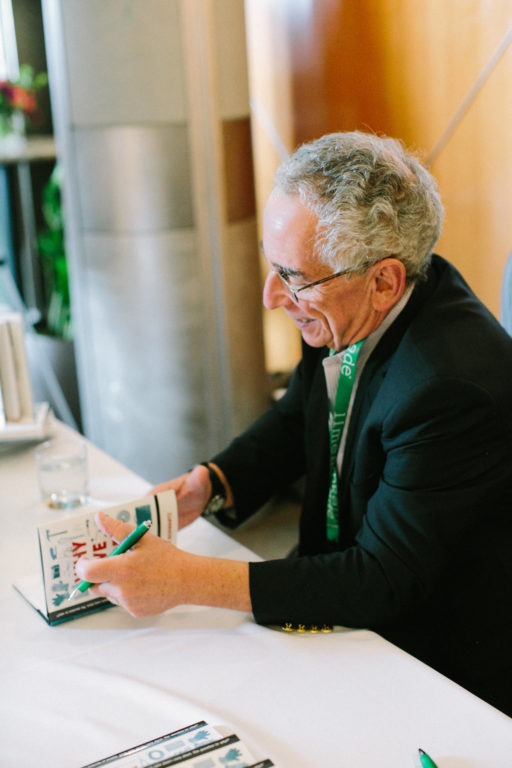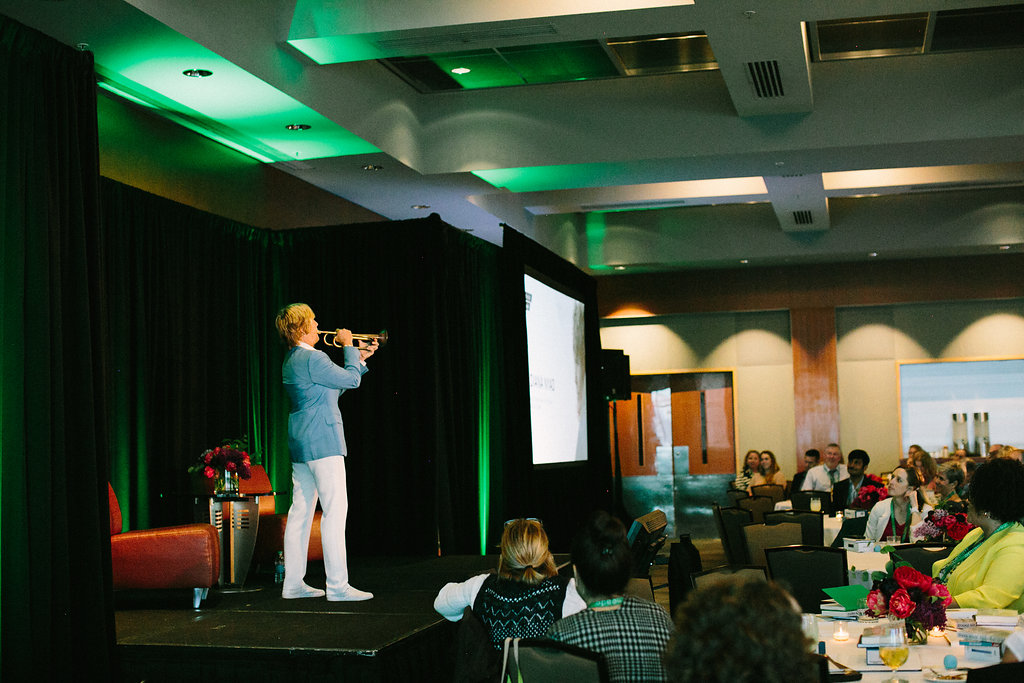Blog Post
Hear how Barry Schwartz and Diana Nyad inspired everyone at Limeade Engage

Explore more in Limeade Engage

Blog Post | Limeade Engage
What you missed at LimeTime
From keynote speakers to panels and exciting product announcements, learn all that you missed at our inaugural event for HR & people leaders.

Blog Post | Employee Well-Being
LimeTime Session Recap: The Evolution of Work-Life Harmony Panel
This thoughtful panel discussion explores the evolution of work-life harmony and the implications for employers in 2023.

Blog Post | Employee Well-Being
LimeTime Session Recap: Ditch the Drama and Drive Well-being with Cy Wakeman
Reality-Based Leader Cy Wakeman kicked off our quarterly LimeTime virtual event with a dynamic and enlightening keynote presentation challenging leaders to interrupt their thinking of traditional approaches to well-being. According to Cy Wakeman, it starts with modern leadership.

Blog Post | Limeade Engage
Watch Limeade Engage 2022 on-demand
If you missed the event or want to experience it again, all sessions are available on-demand until the end of March.
Explore more blog posts from this author

Blog Post | Employee Well-Being
6 Steps to develop an effective wellness incentives and rewards plan
To create a successful wellness incentive program, it’s crucial to understand that it takes a thoughtful approach of both intrinsic and extrinsic rewards for employees.

Blog Post | Employee Communications
4 ways HR leaders can use employee communications to support well-being and engagement
Learn how employee communications that reach the right person at the right time with the right message improve well-being and engagement.

Blog Post | Employee Well-Being
How to improve employee well-being
In today’s world of work it's essential to understand how to improve employee well-being. Get our top 5 tips you can put into action today.

Blog Post | Product Updates
LimeTime session recap: The Manager Experience: Empowering Your Essential Leaders
Learn why managers are essential for unlocking your organization's true potential in increasing employee engagement and reducing turnover.






